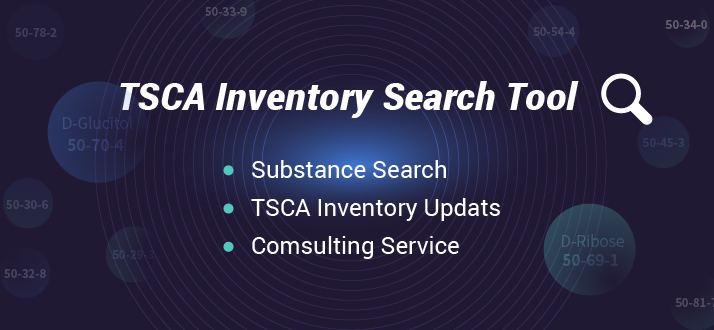CRAC 2019 Conference: A Few Thoughts on Global Pesticides
Hangzhou, September 2019. A week has gone by since the official closing ceremony of the 2019 CRAC Chemical Regulatory Annual Conference. This year’s 11th edition centered on the latest developments in the fields of chemicals, agrochemicals, food contact materials and dangerous goods transport. The Global Pesticides session expanded over two-days with presentations by national and overseas speakers sharing their views and country overviews, regulatory systems, challenges and market opportunities.
Owing to the diversity shown by the speakers and the issues raised during the various Discussion Panels –with authorities and regulatory experts from China, Argentina, Sudan, Syria, India, Vietnam, Thailand, South Korea, Australia to the United Kingdom– the Pesticides Team decided to share some of the most recurring topics and comments from this global session.
India: Supporting local indigenous manufacturing
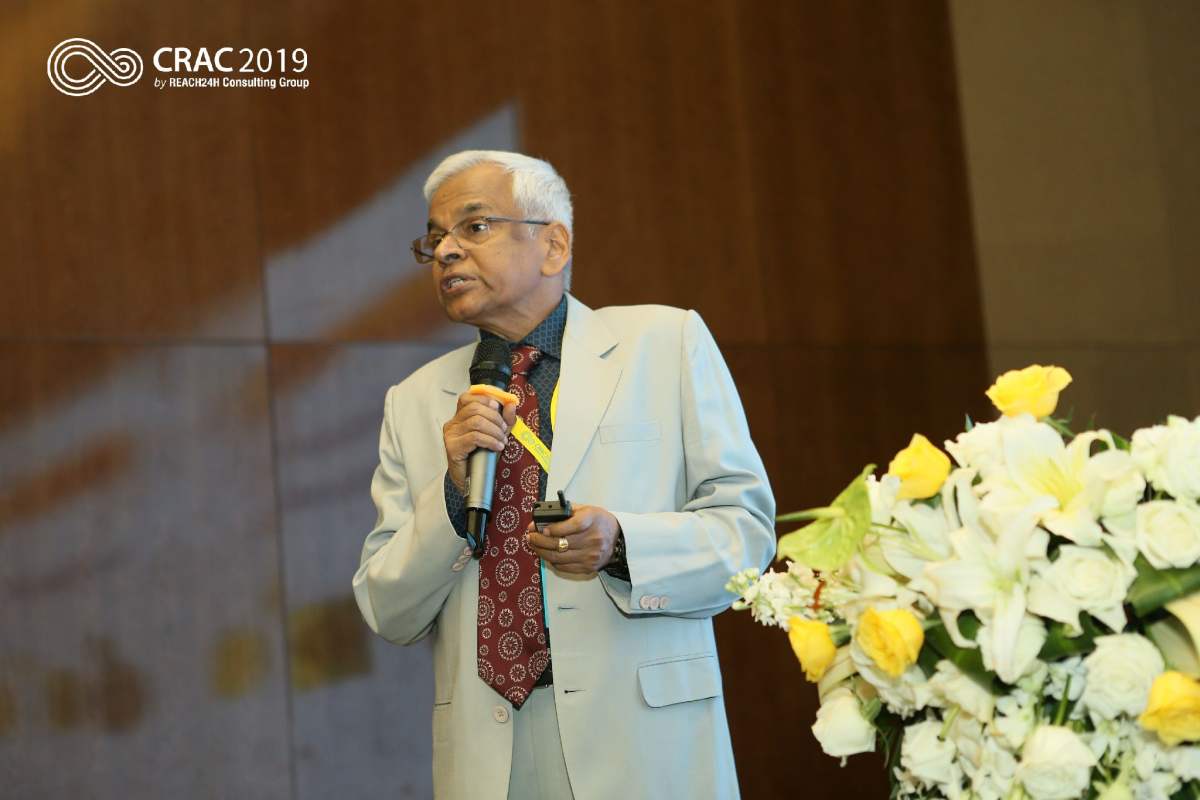
Guest Speaker: Dr. Debabrata Kanungo
(Member of Scientific Panel on Food Additives and Member of Scientific Committee)
– How does the process of risk assessment work in India?
Risk assessment involves the evaluation of the potential for health and ecological effects of a pesticide by reviewing toxicological data to determine Acceptable Daily Intake (ADI) and Acute Reference Dose (ARfD). Exposure is determined on the basis of the residue data and the consumption pattern of the food on which pesticide is used. When exposure to the residue of the pesticide is above the ADI, then the pesticide may not be registered. If it is below the ADI, it will be registered.
– Putting “Make in India” pesticide molecules first: many guidelines have been adapted to make room for this recent government initiative that seeks to support indigenous manufacturing and reduce imports. In the case of pesticides, if a molecule/ formulation is registered under an indigenous manufacturing category, then no successive no certificate for import will be granted.
Syria: Overcoming challenges
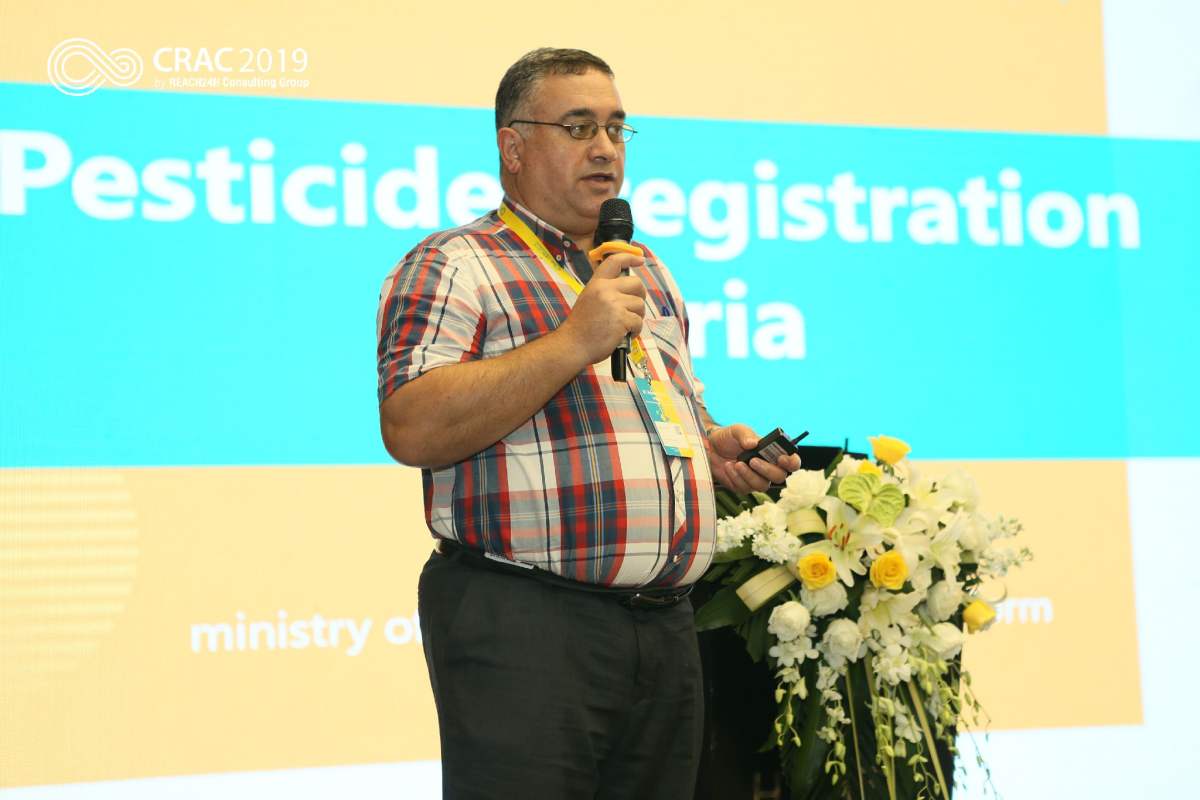
Guest Speaker: Mr. Fares Reda
(Ministry of Agriculture of Syria)
– What are some of Syria’s challenges in achieving more stability in the sector?
One of the recurring issues for Syria has been the inefficient control over its borders and successive smuggling of unregulated pesticides. The lack of imports from western countries of pesticides and related products into Syria, added to its permeable borders and many neighboring countries has meant that large quantities of illegal pesticides have made their way illegally. Syria is slowly attempting at regularizing its border control operations.
– A challenge overcome: A complex issue faced by Syria has been the management of obsolete pesticides. This was addressed in 2004-2005 the Syrian Ministry of Agriculture along with FAO through a private-public joint project that received financial support from the Global Environment Facility, Swiss Agency for Development and Cooperation (SDC), and the private sector whereby 700 tons of obsolete pesticides were repackaged in compliance with international regulations and transported out of the country.
Argentina: Making sense of the LATAM region
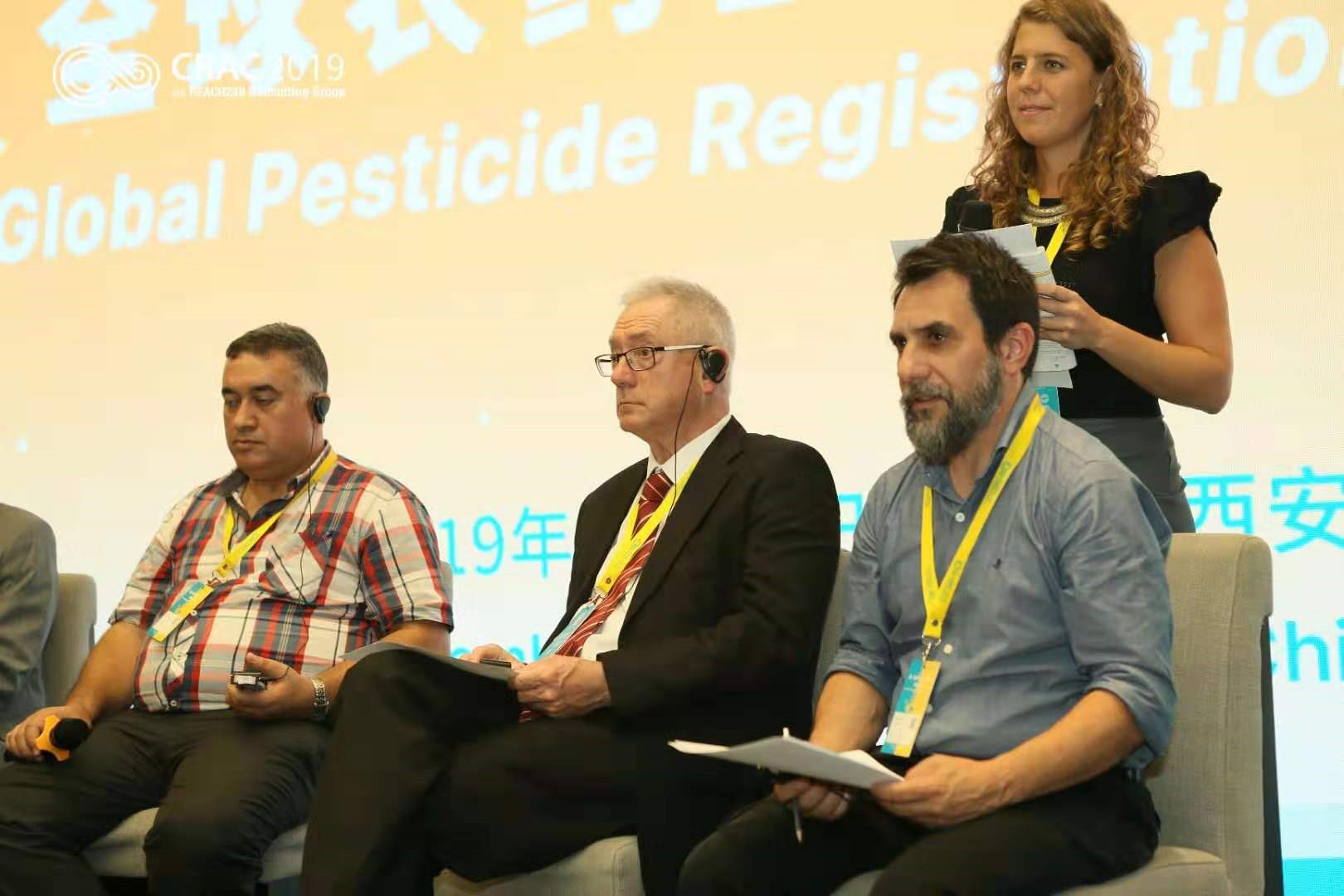
Guest Speaker: Mr. Sebastian Gomez
(National Food Safety and Quality Service of Argentina- SENASA)
– By applying for the registration of a molecule in Brazil how easily transferable is this registration to Argentina?
Brazil and Argentina represent the two main pesticides markets in the region. While their registration processes are separate, requirements for Brazil, once complied with, will likely be of use in case of registration in Argentina, due to both countries having similar standards. In terms of government agencies, in Brazil responsibilities are split between three different bodies, whilst in Argentina it all falls under one same Secretariat.
– Argentina’s main concern: ensuring quality of all imported plant protection products.
The Certificate of Origin required by SENASA to all importers certifies that the existence of the manufacturer of a pesticide in the country where the pesticide is produced. To ensure the quality of the products can be sustained over time, SENASA requires that Certificates of Origin are approved by China’s agrochemicals control authority ICAMA for said document to be accepted in Argentina.
Australia: Understanding different pathways to registration
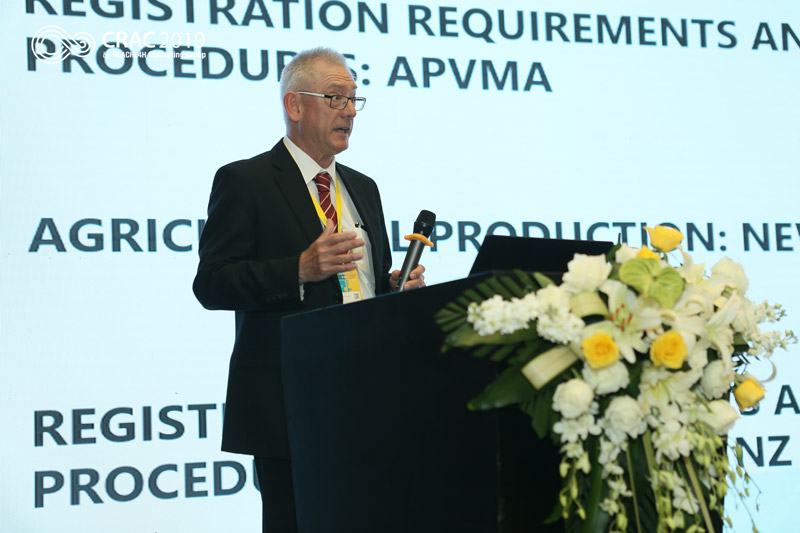
Guest Speaker: Dr. Geoff Smart
(Former Official from Australian Pesticides and Veterinary Medicines Authority- APVMA)
– What are the main requirements for pesticide registration in Australia?
Data requirements vary depending on the characteristics of the active constituent: In the case of Me-Too, if the active constituent is an approved source and its formulation is similar to a reference product, registration should be simple. If you have a new active constituent, then that will be the most expensive pathway as it will require an assessment of the constituent as well as of the product. Finally, in the case of the combination of two approved actives that have not been combined before, this will also require a fairly extensive assessment. In last 10 years there’s been an increasing interest in the combination of active constituents.
– What are the requirements for nominated agents for overseas holders? A nominated agent under Australia’s Agvet Code is a person in Australia with the same responsibilities as the holder. This is a requirement for any holder attempting registration, and it may be taken on by either an Australian individual or a business entity operating in Australian. The nominated agent will be responsible for notices and records to the overseas holder, and respond for any offences, if APVMA is unable to take legal action against the overseas holder.
Sudan: An expanding pesticides market within Northeast Africa
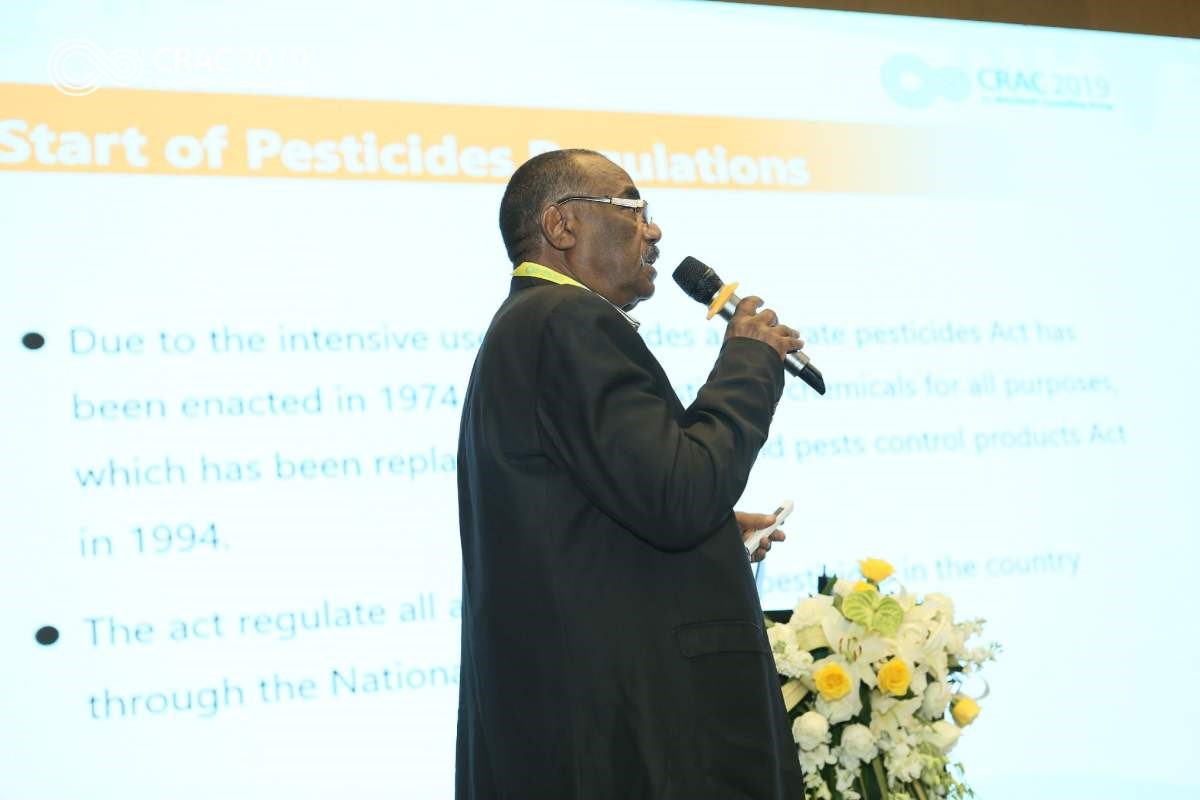
Guest Speaker: Mr. Khidir Musa Gibril
(Plant Protection Directorate, Ministry of Agriculture and Irrigation in Sudan)
– To obtain a pesticides registration in Sudan, must certificates be all issued by ICAMA?
With 60% of all plant protection products in Sudan imported from China –and 30% from India– the Asian country represents a priority market for Sudan. That being said, Chinese producers are required to submit a written certificate by ICAMA when applying for registration before Sudan authorities. Any company not certified by ICAMA will be subject to review.
– Considering the expansion of the pesticides market in the region, is there any system in place to simplify the process of registration of active substances already registered in neighboring countries?
Sudan works independently from neighboring countries, so obtaining a registration in another country does not guarantee nor accelerate the process of registration in Sudan.
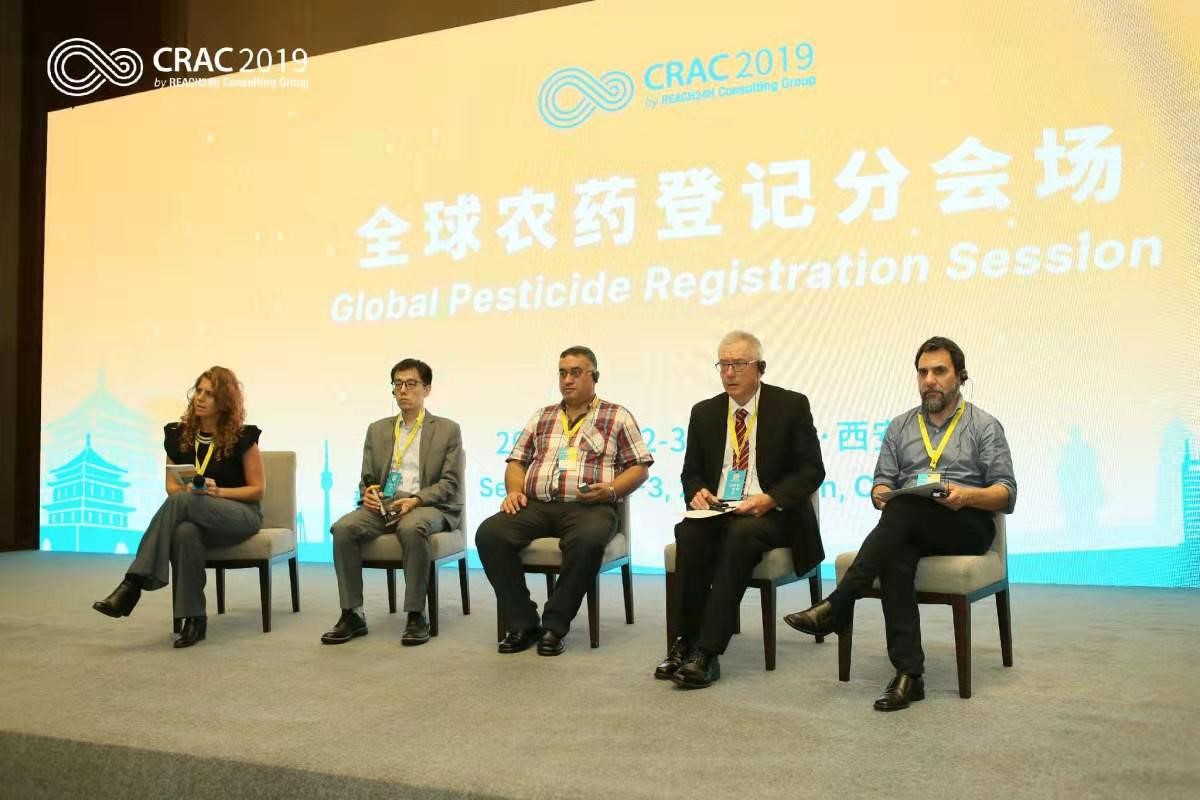
Second Global Pesticides Panel Discussion (from left:) Ms.Julia Pochat (moderator, REACH24H), Mr.Chasel Huang (China), Mr. Fares Reda (Syria), Dr. Geoff Smart (Australia), Mr. Sebastian Gomez (Argentina).
CRAC 2019 Promotes knowledge exchange: During the Discussion Panels on Global Pesticides, Mr. Khidir Musa Gibril from Sudan also commented on the difficulties faced by his country regarding the management of obsolete pesticides, which led to the representative from the Syrian Ministry of Agriculture Mr. Fares Reda to offer sharing its resources to better understand and device a plan based on their successful cooperation project with FAO, truly exemplifying the opportunities that may stem from global gatherings such as the CRAC Conference.
